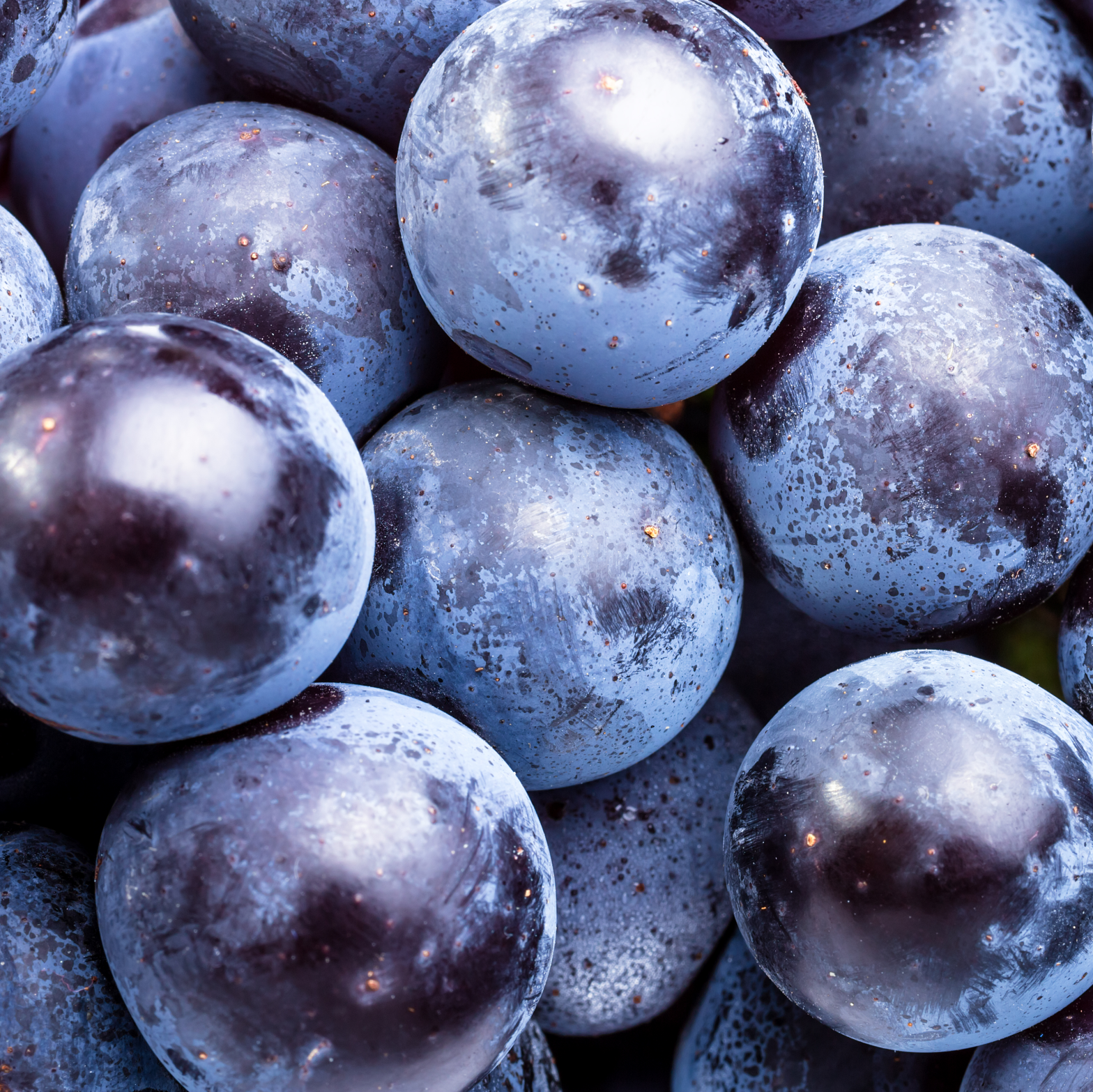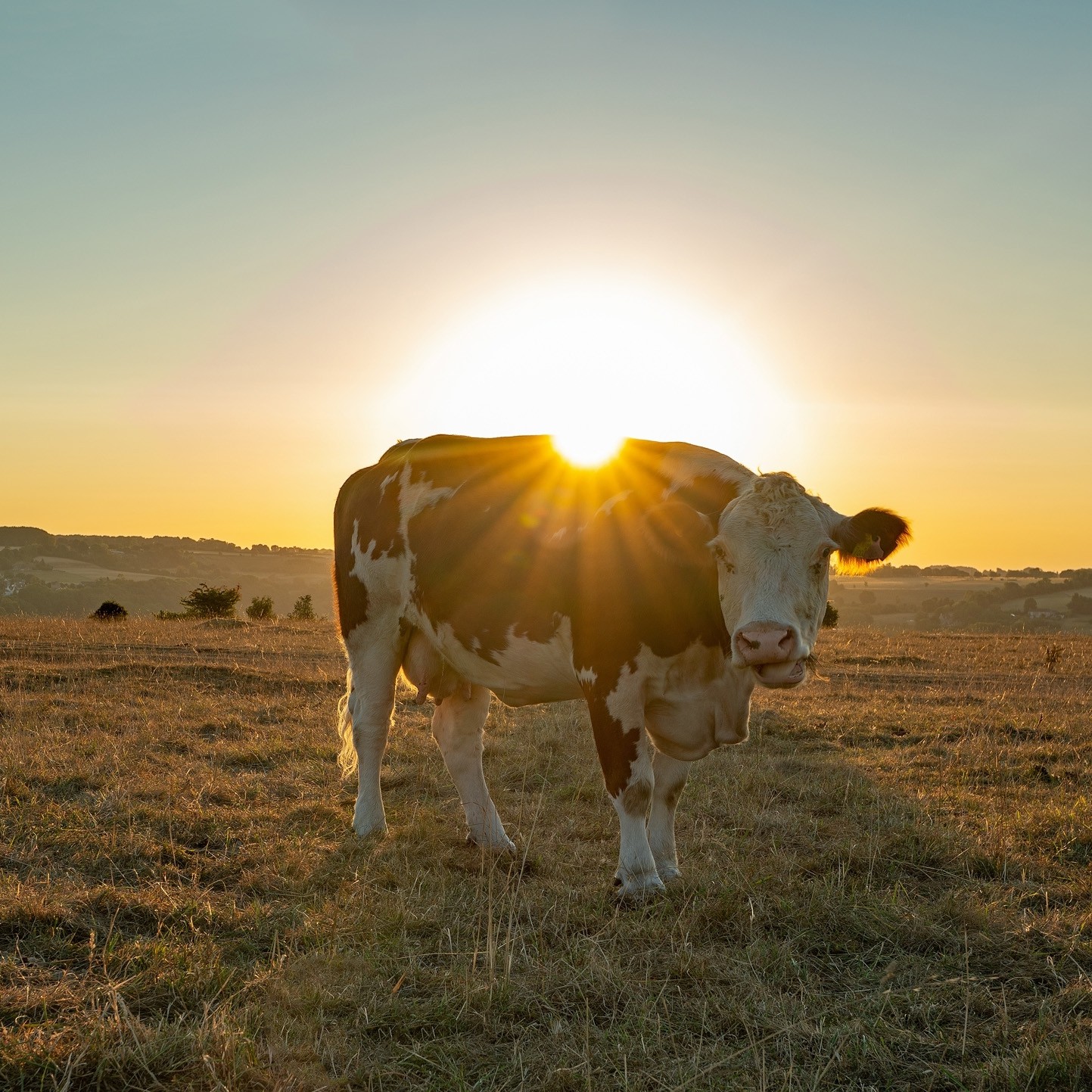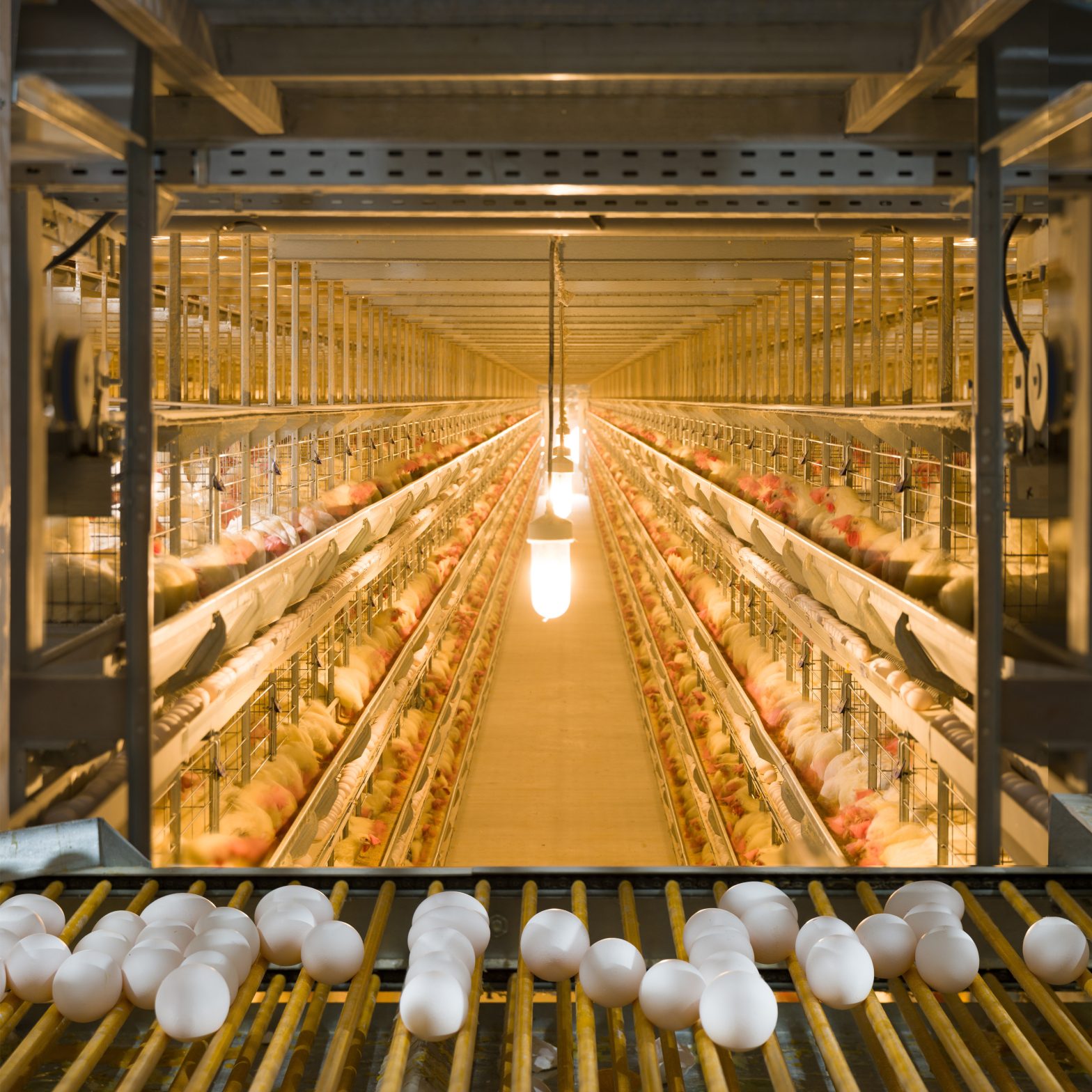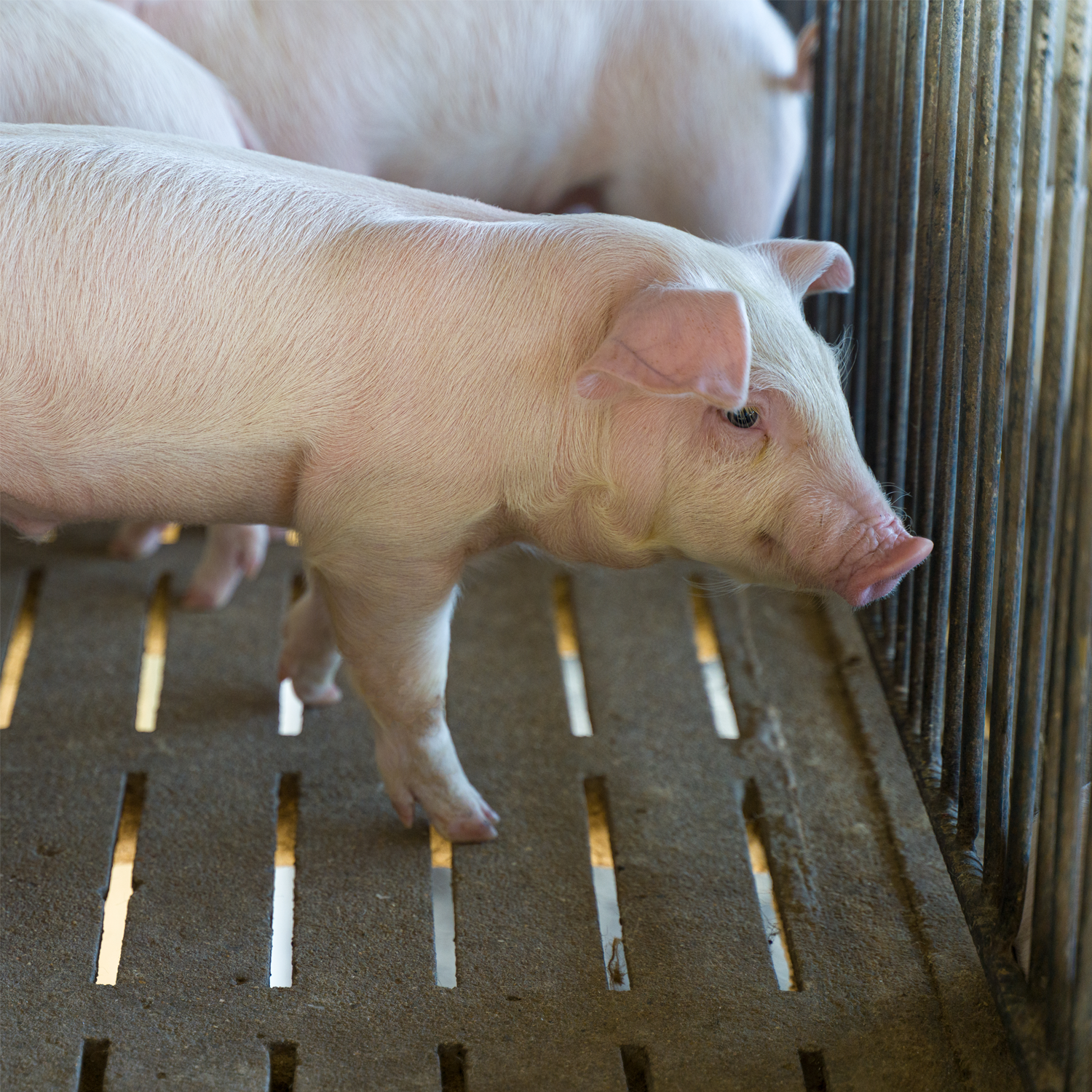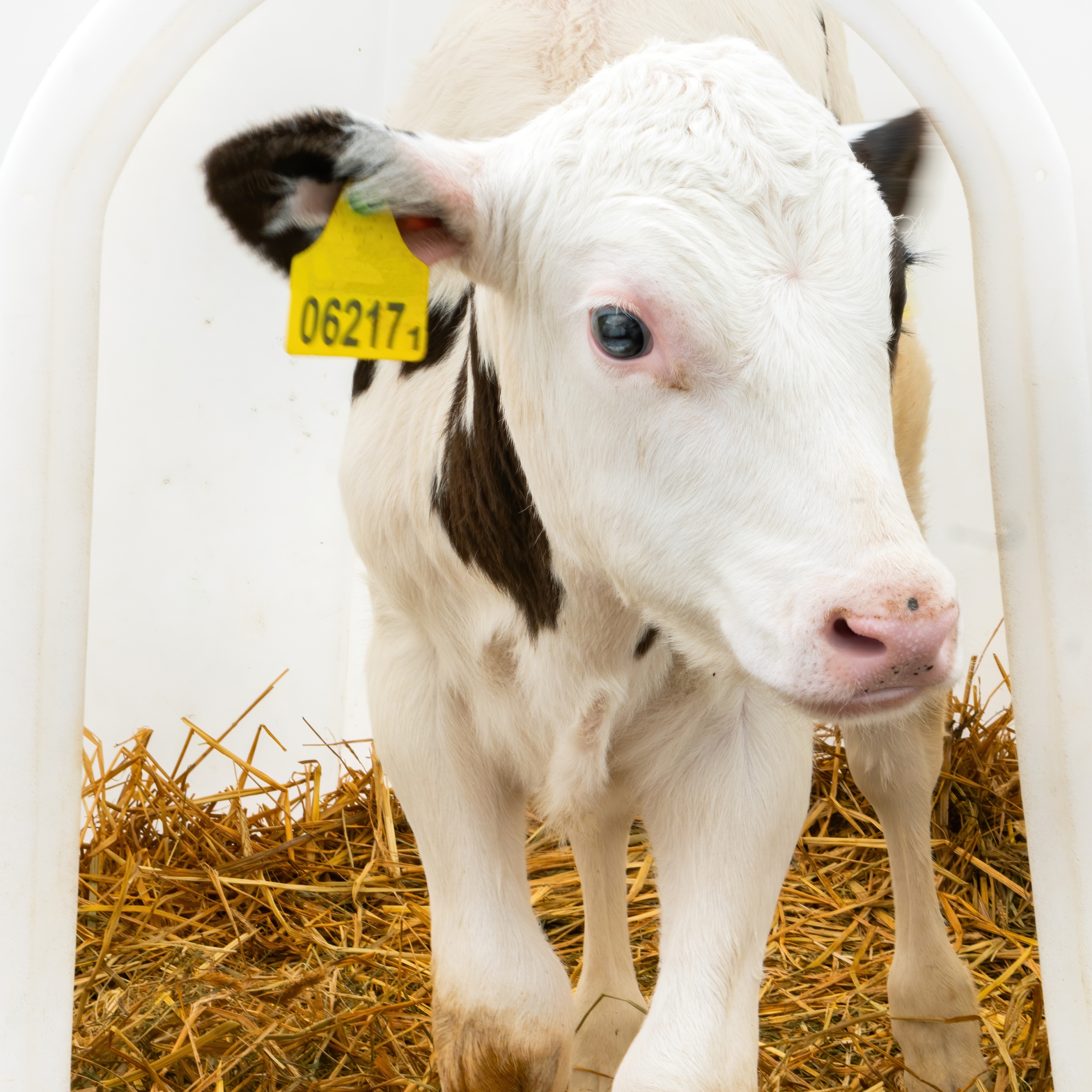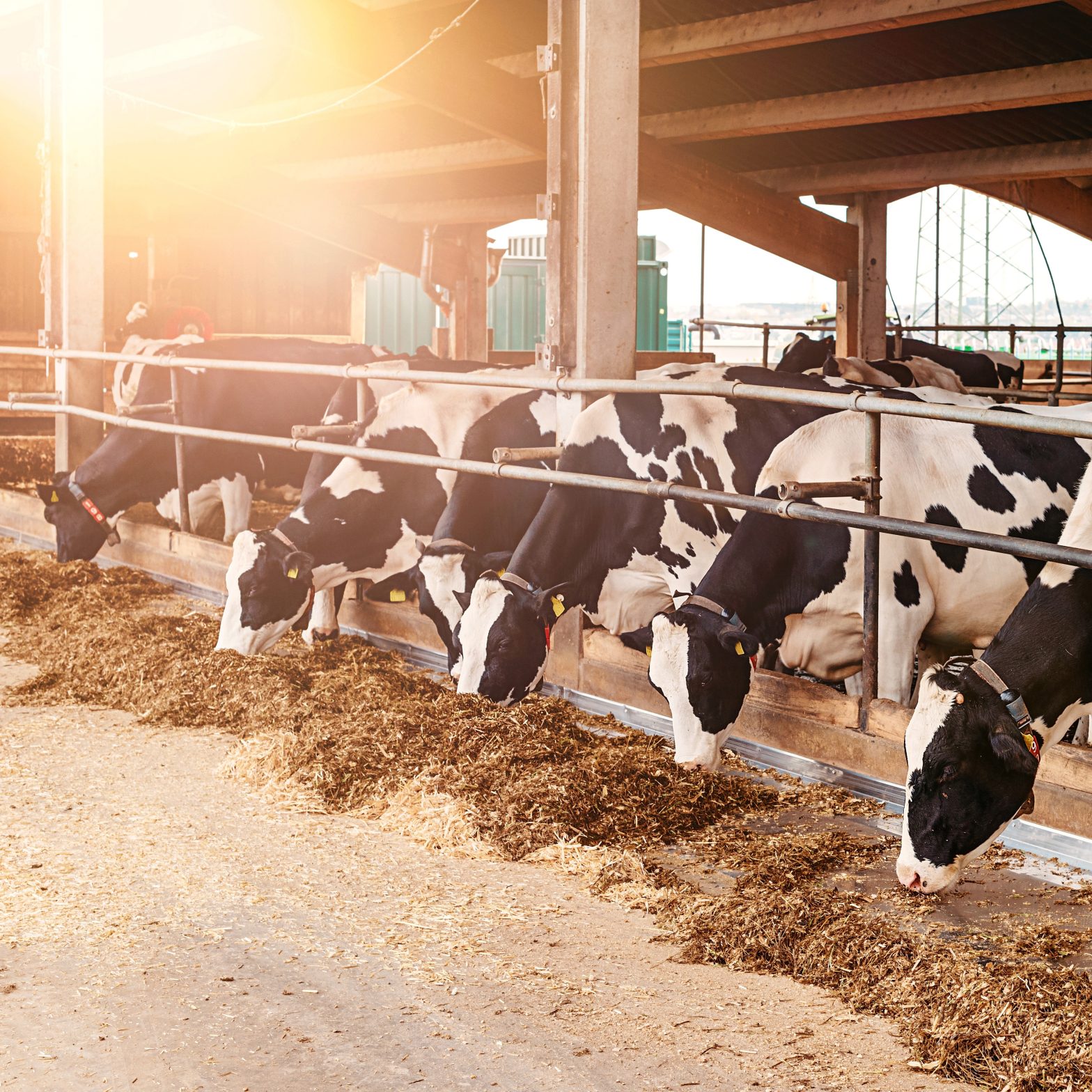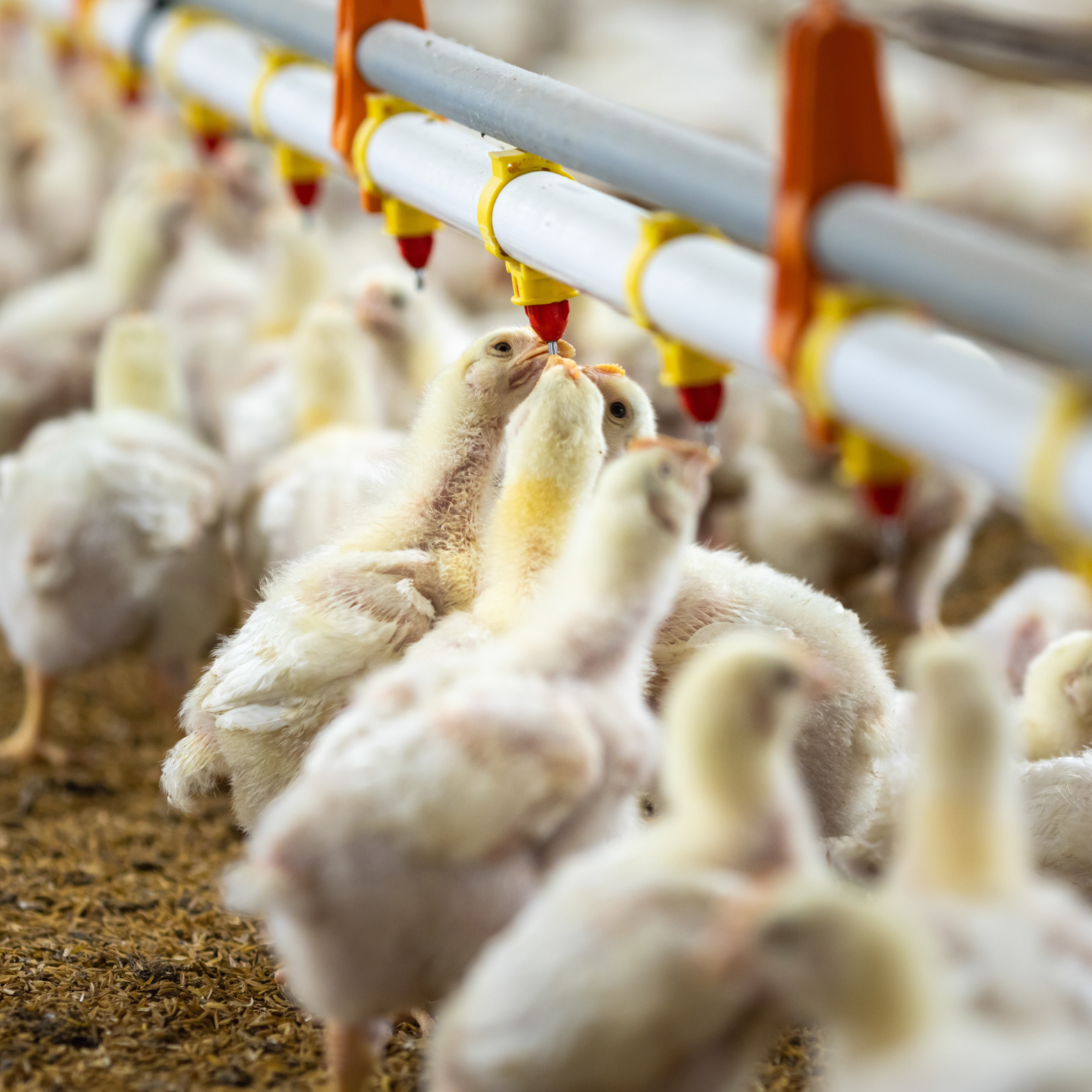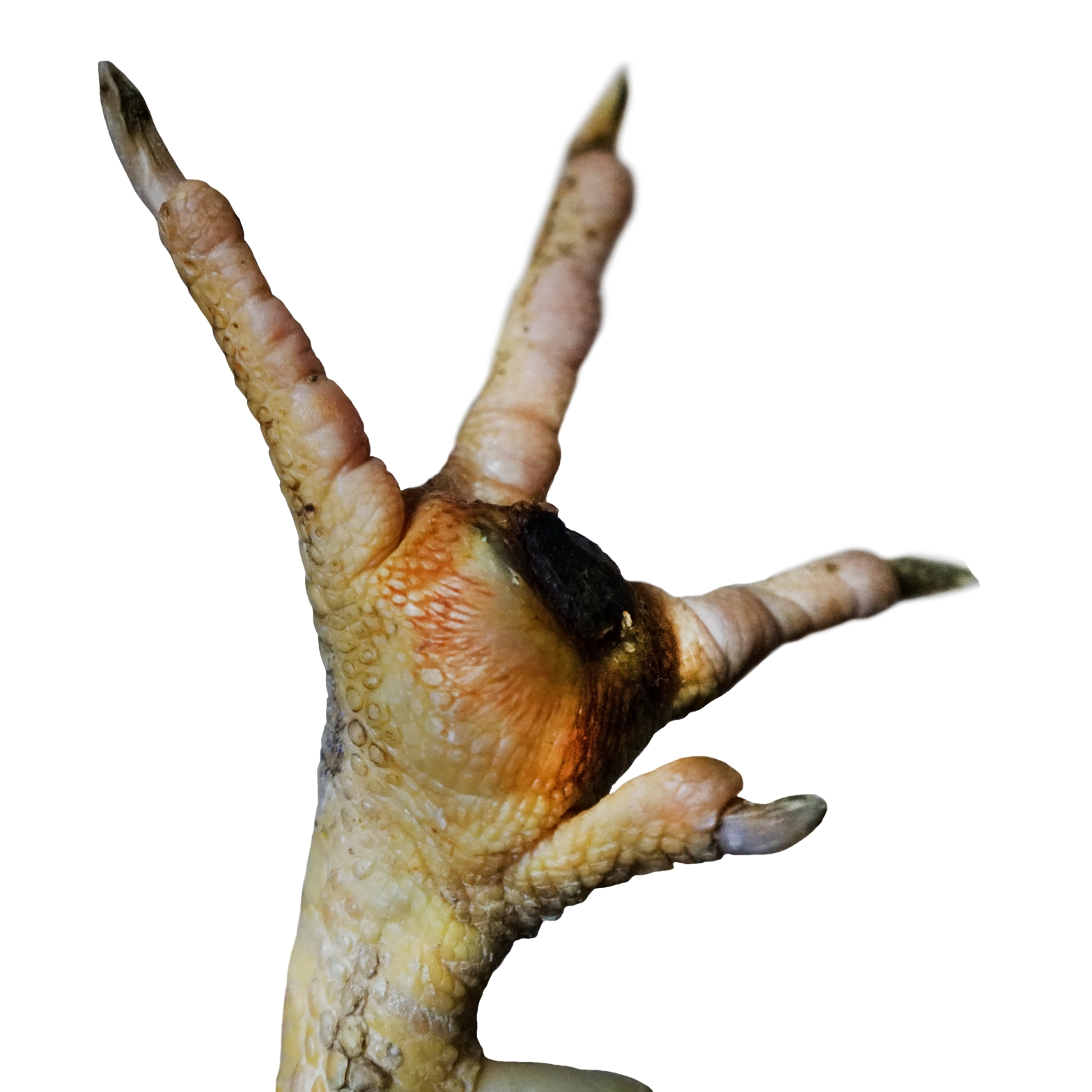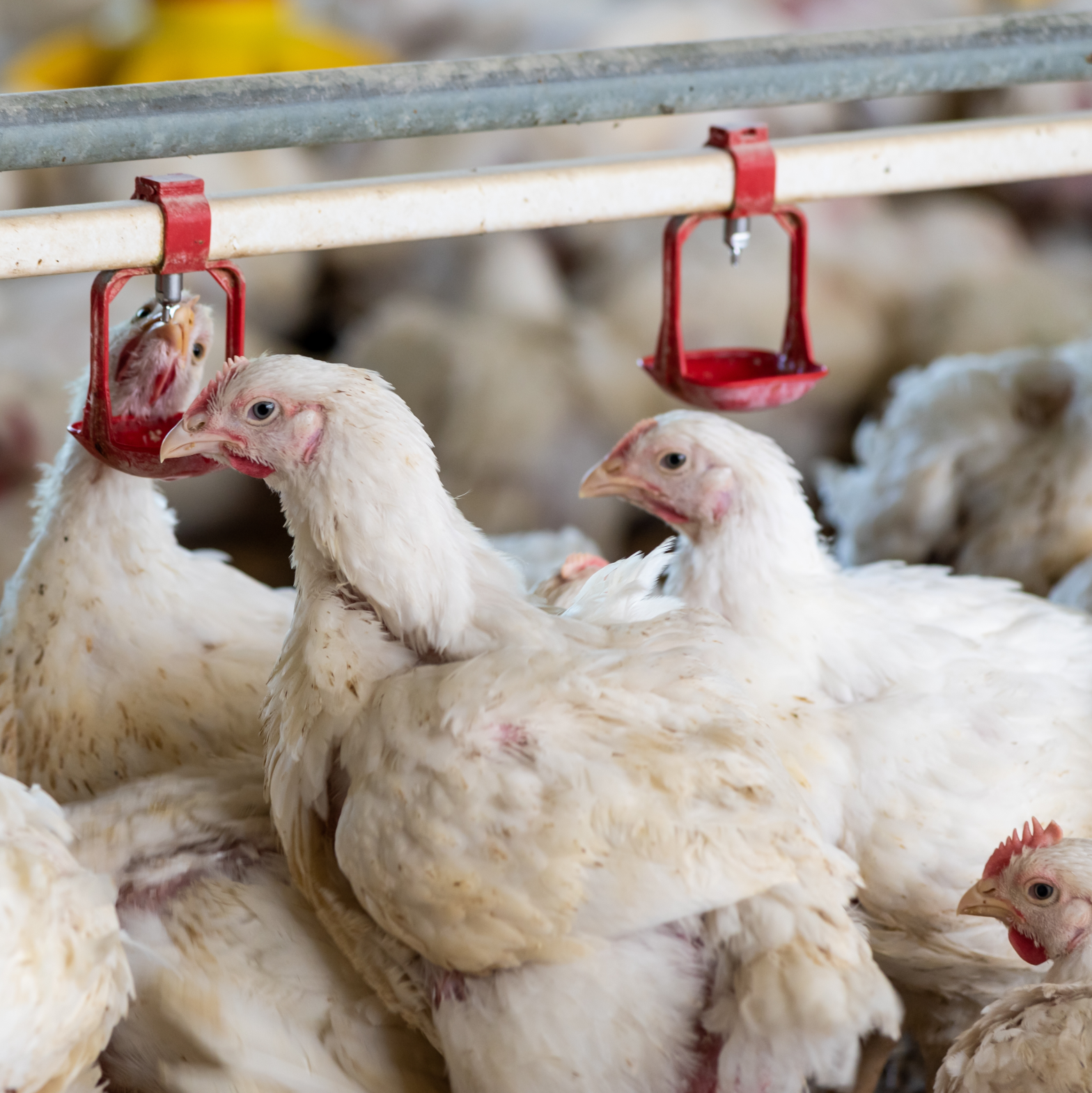Animal health is a key factor in balancing livestock performance and welfare. For several years now, Nor-Grape® has established itself as a benchmark solution thanks to its unique selection of grape polyphenols that boost animals’ antioxidant defenses. The numerous benefits in livestock farming have been demonstrated in over 100 in vivo trials, two theses, and …
Continue reading “Press release: New scientific recognition of the effectiveness of Nor-Grape®”


